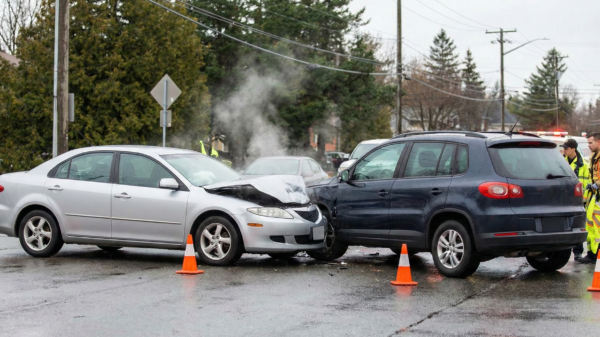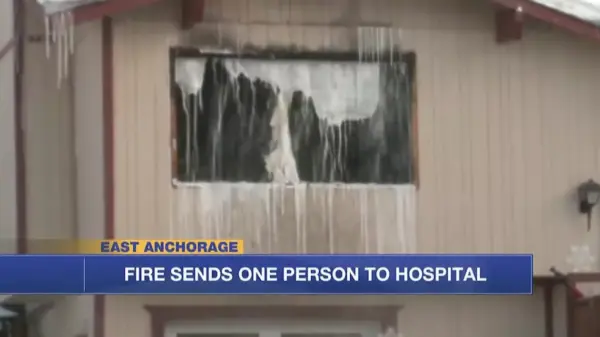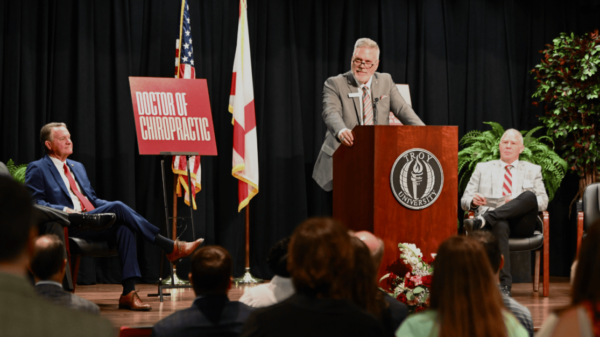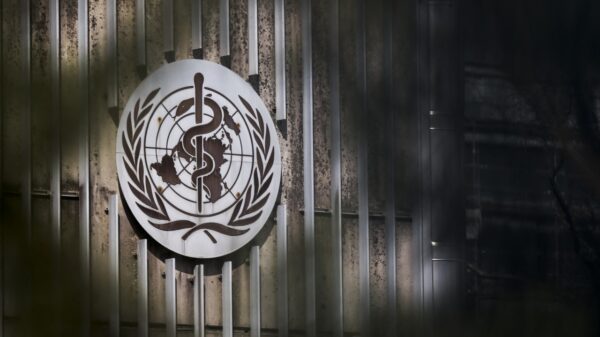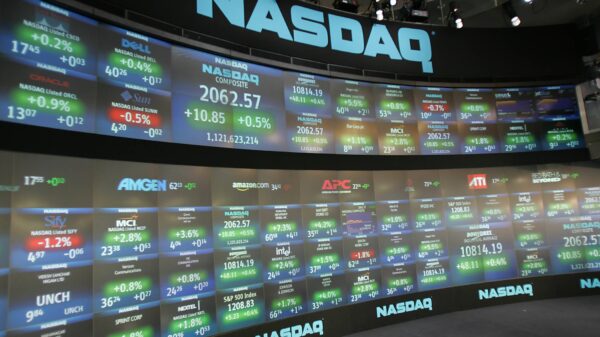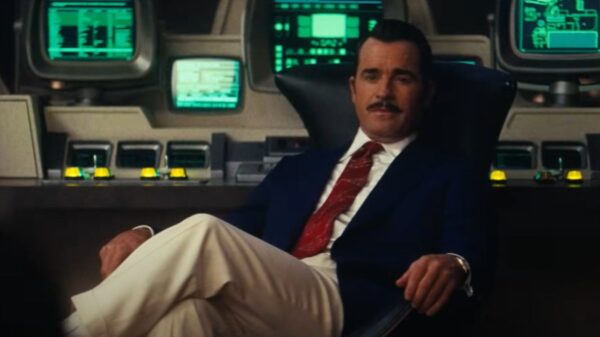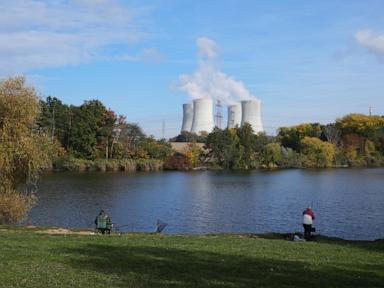The Czech Republic is investing $19 billion to expand its nuclear energy capabilities, aiming to significantly reduce its reliance on fossil fuels. At the Dukovany Nuclear Plant, construction is underway for two new reactors, which are expected to double the country’s nuclear output. This ambitious project reflects a broader strategy to secure energy independence and meet stringent emission reduction targets.
Mobile drilling rigs are currently conducting geological surveys at the site, testing the ground 140 meters below the surface to ensure its suitability for the construction. The new reactors, with a combined output exceeding 1,000 megawatts each, are scheduled to become operational in the late 2030s. This expansion will complement the existing four reactors at Dukovany, which were built in the 1980s and produce 512 megawatts each.
The project has been awarded to South Korea’s KHNP, which outbid France’s EDF. KHNP also secured an option to construct additional reactors at the Temelín Nuclear Plant, which currently operates two reactors of 1,000 megawatts each. The Czech government plans to introduce small modular reactors in the future as part of its nuclear strategy.
Petr Závodský, chief executive of the Dukovany project, stated that nuclear power could generate between 50% and 60% of the country’s electricity by 2050. He emphasized the necessity of this expansion to phase out coal, ensure consistent energy supplies, and support the anticipated increase in electricity demand driven by data centers and electric vehicles.
This nuclear initiative comes at a critical time when European nations are grappling with rising energy demands and the need to reduce carbon emissions. Despite concerns over nuclear waste, the technology offers a low-emission alternative to fossil fuels. The European Union has recognized nuclear energy as a sustainable economic activity, which may facilitate financing for projects like those in the Czech Republic, Slovakia, Hungary, and France.
The EU generated 24% of its electricity from nuclear sources in 2024. In September, the United Kingdom signed a cooperation deal with the United States, with plans to invest £14.2 billion ($19 billion) in the Sizewell C nuclear power plant, marking its first new nuclear facility since 1995.
In the Czech Republic, the government holds a 70% stake in CEZ, the country’s leading energy provider. CEZ has partnered with Britain’s Rolls-Royce SMR to develop and deploy small modular reactors. The financing plan for the Dukovany project includes a loan that CEZ will repay over 30 years, with the state guaranteeing income from electricity production for 40 years.
Approval from the EU is anticipated, aligning with its goal of achieving climate neutrality by 2050. Závodský remarked, “We’re in a good position to argue that we won’t be able to do without new nuclear units.” Currently, around 40% of the Czech Republic’s electricity is sourced from nuclear energy, with another 40% generated from coal, highlighting the urgent need for a transition.
Despite the advantages, the project has faced delays, primarily due to financing uncertainties. In 2014, CEZ canceled a tender for two reactors at Temelín when the government declined to provide financial guarantees. Security concerns following Russia’s invasion of Ukraine led to the exclusion of Rosatom and CNG from the Dukovany tender.
To ensure energy security, CEZ has signed agreements with Westinghouse and Framatome for nuclear fuel supply, further reducing dependence on Russian sources. The contract with KHNP guarantees fuel supplies for a decade.
While public support for nuclear energy remains strong, opposition exists. Groups such as Friends of the Earth argue that the investment is excessive and that funds could be better utilized to enhance other sectors. Additionally, the Czech Republic lacks a permanent storage solution for spent nuclear fuel, a lingering challenge in the discourse surrounding nuclear energy.
The Dukovany and Temelín plants are located near the Austrian border, which has historically been opposed to nuclear energy since the fallout from the 1986 Chernobyl disaster. Austria’s skepticism remains evident, with its Parliament recently rejecting plans for small modular reactors in the Czech Republic, underscoring the complexities surrounding nuclear energy expansion in the region.


